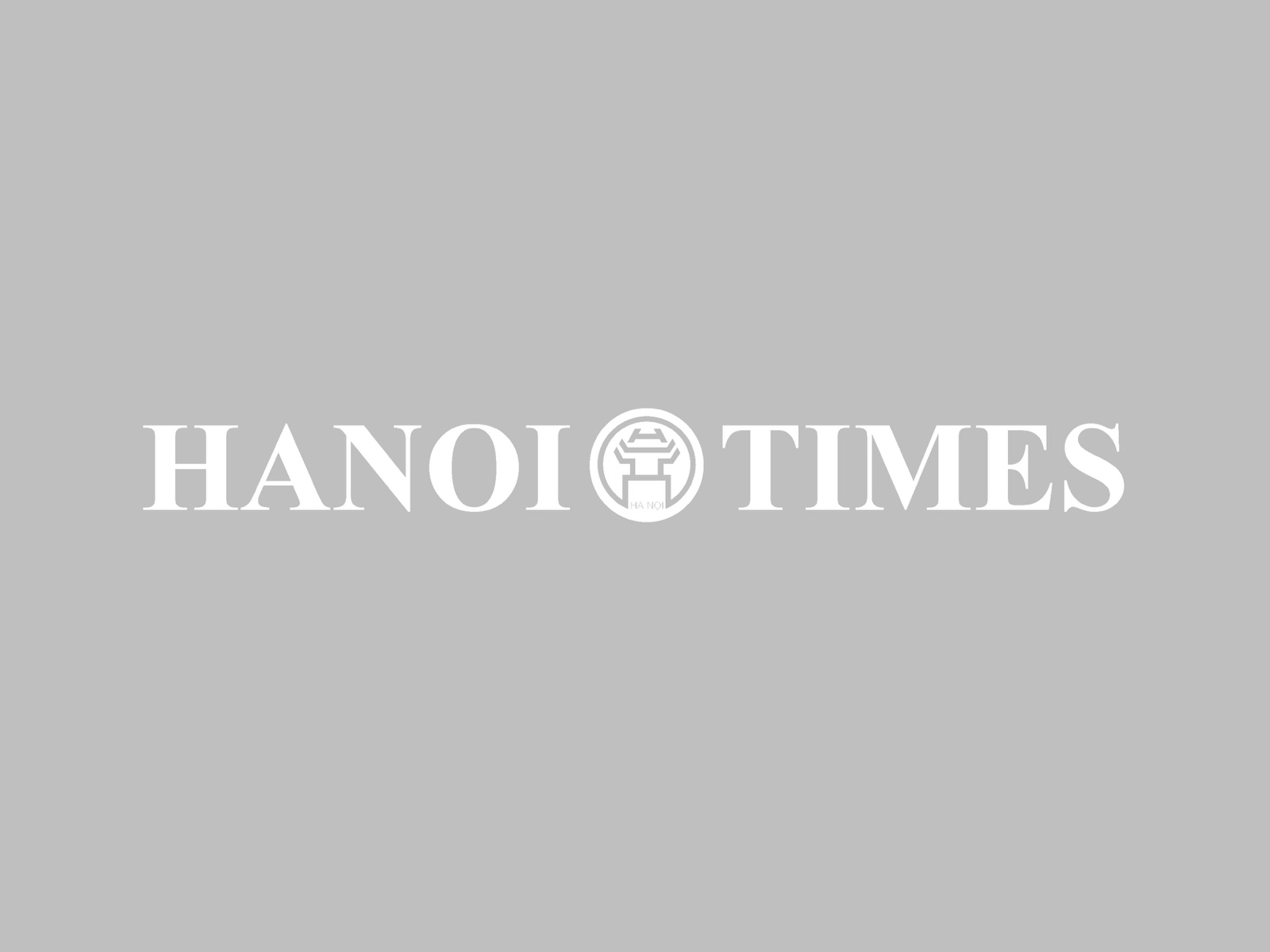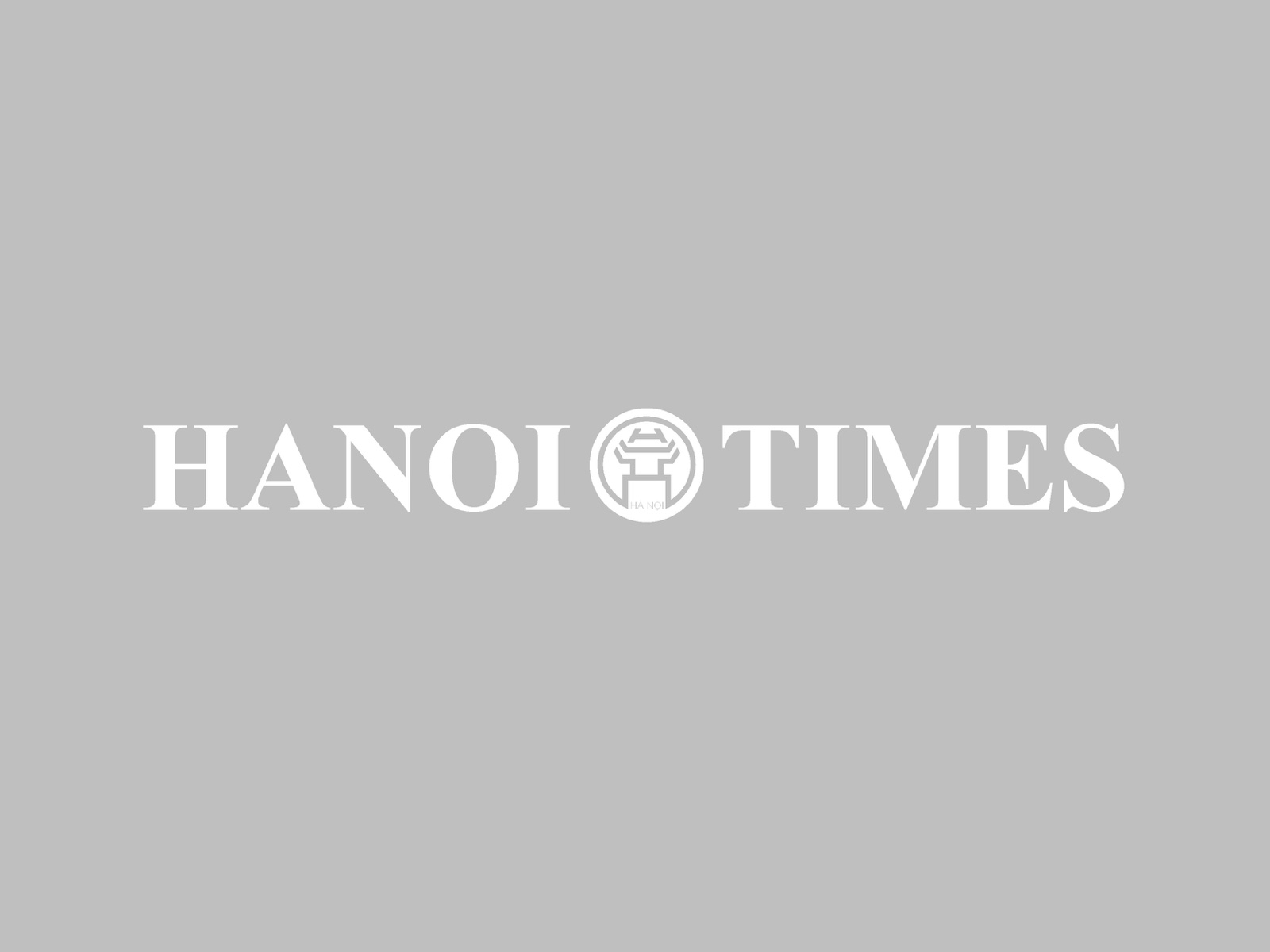News
North Korea wants to learn economic reform from Vietnam
Dec 02, 2018 / 04:40 PM
Vietnam’s post-war economic reform in the late 1980s has transformed the country into one of Asia’s fastest growing economies.
Foreign Minister Ri Yong Ho of the Democratic People’s Republic of Korea (North Korea) is on a visit to Vietnam to learn renovation lessons from Vietnam – one of Asia’s fastest growing economies.
The visit from November 29 to December 2, 2018 is the first to Vietnam paid by North Korea’s foreign minister over the past decade.
During the visit, Ri met with his Vietnamese counterpart Pham Binh Minh and Prime Minister Nguyen Xuan Phuc to talk about multisectoral cooperation for “sustainable growth goals” which North Korea is seeking for.
The minister visited a hi-tech zone in Hanoi and worked with experts from the Vietnam Institute of Agriculture. He said that North Korea expected to enhance the time-honored relationship with Vietnam to make it suitable with the current situation.
Both PM Nguyen Xuan Phuc and Deputy PM Pham Binh Minh said that Hanoi is willing to share its experience in socio-economic development, mostly foreign economic relations, investment attraction, and tourism.
Vietnam’s post-war economic reform in late 1980s has transformed the country into one of Asia’s fastest growing economies.
Vietnam’s economy has flourished as it has launched market reforms, opened its doors to foreign investment and embraced free trade deals, with GDP growth hitting between 6% and 6.5% over the past decade.
Vietnam and North Korea, established diplomatic relations in 1950 but trade ties remain weak due to the United Nations’ sanctions imposed on the Pyongyang. Statistics by the Vietnamese customs showed that Hanoi’s exports to Pyongyang reached US$7.3 million, mainly food products.
Pyongyang is strongly criticized for its nuclear programs, mostly by Washington. Meanwhile, Vietnam, a former foe of the UN, has run a trade surplus with Washington for consecutive years. In 2017, trade between Vietnam and the US reached US$55 billion.
In April 2018, North Korea leader Kim Jong-un announced the country’s new policies which will focus on economic development instead of pursuing both economic and nuclear programs before.
“North Korea is using this period of not testing (its nuclear weapons) to recover its external relations to appear as a respectable member of the international community,” said Carl Thayer, emeritus politics professor at the University of New South Wales in Canberra.
Meanwhile, Kevin Gray, professor of international relations at University of Sussex, said: “They want to expand their economic relations with other countries and not be completely dependent on China.”

North Korea foreign minister Ri Yong Ho meets with Vietnamese PM Nguyen Xuan Phuc on Dec 1. Photo: Thuonghieucongluan
|
During the visit, Ri met with his Vietnamese counterpart Pham Binh Minh and Prime Minister Nguyen Xuan Phuc to talk about multisectoral cooperation for “sustainable growth goals” which North Korea is seeking for.
The minister visited a hi-tech zone in Hanoi and worked with experts from the Vietnam Institute of Agriculture. He said that North Korea expected to enhance the time-honored relationship with Vietnam to make it suitable with the current situation.
Both PM Nguyen Xuan Phuc and Deputy PM Pham Binh Minh said that Hanoi is willing to share its experience in socio-economic development, mostly foreign economic relations, investment attraction, and tourism.
Vietnam’s post-war economic reform in late 1980s has transformed the country into one of Asia’s fastest growing economies.
Vietnam’s economy has flourished as it has launched market reforms, opened its doors to foreign investment and embraced free trade deals, with GDP growth hitting between 6% and 6.5% over the past decade.

North Korea Foreign Minister Ri Yong Ho and his Vietnamese counterpart Pham Binh Minh during the visit. Photo: MOFA
|
Pyongyang is strongly criticized for its nuclear programs, mostly by Washington. Meanwhile, Vietnam, a former foe of the UN, has run a trade surplus with Washington for consecutive years. In 2017, trade between Vietnam and the US reached US$55 billion.
In April 2018, North Korea leader Kim Jong-un announced the country’s new policies which will focus on economic development instead of pursuing both economic and nuclear programs before.
“North Korea is using this period of not testing (its nuclear weapons) to recover its external relations to appear as a respectable member of the international community,” said Carl Thayer, emeritus politics professor at the University of New South Wales in Canberra.
Meanwhile, Kevin Gray, professor of international relations at University of Sussex, said: “They want to expand their economic relations with other countries and not be completely dependent on China.”








